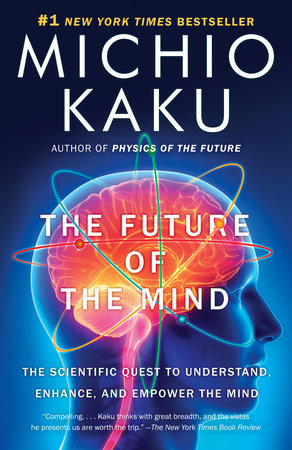ARTICLE
Telomeres: What Does a Lobster Know That You Don't Know?
When we make the decision to change our lives, fully commit to the work and then override old neural networks that lead us down the same predictable path and create new ones, our biology must change too. If a lobster can do it, why can't you?










